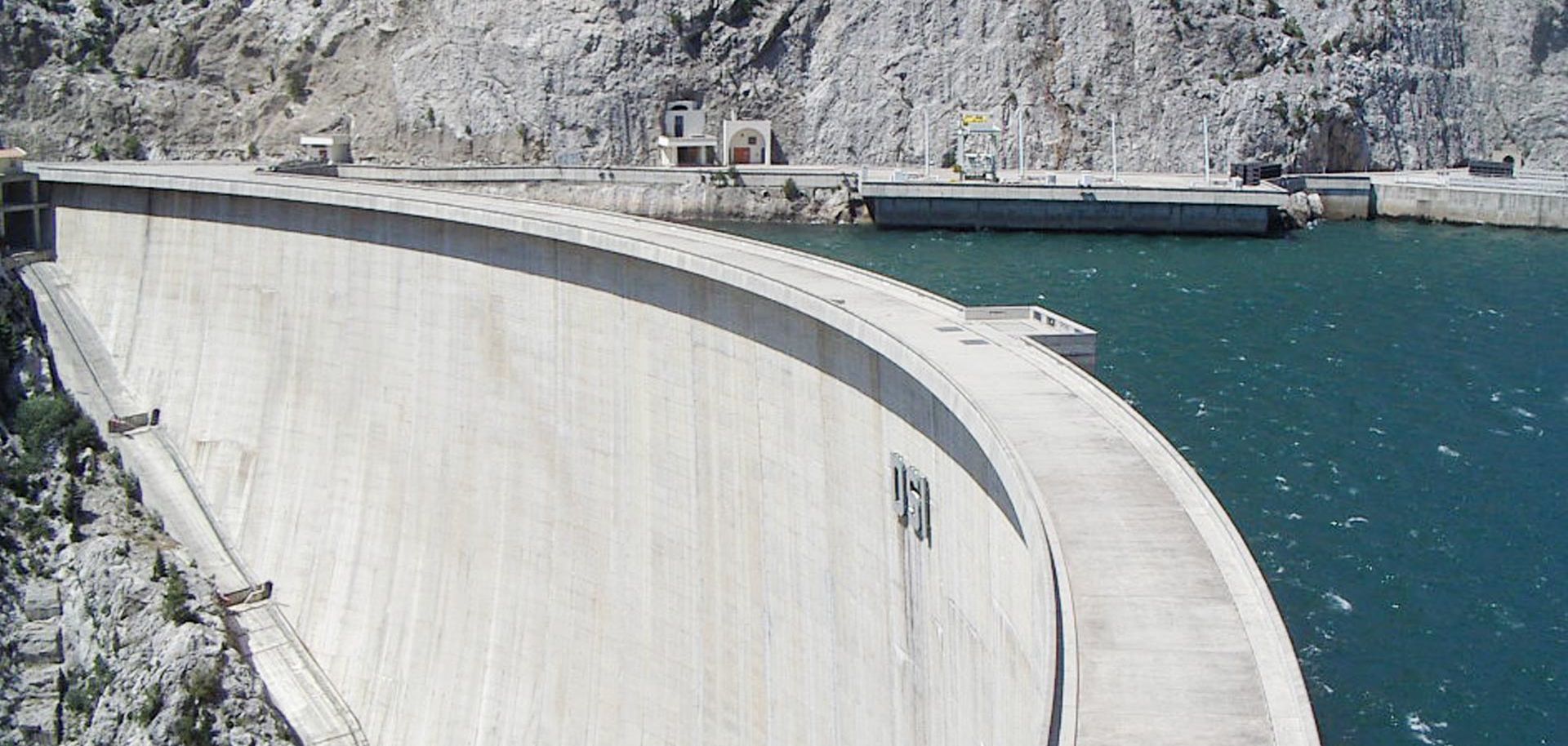Since the start of civilization, rivers have defined the region we now call the Middle East. Mesopotamia, part of the Fertile Crescent situated between the Tigris and Euphrates, was home to many of the great empires of old. But over time these ancient societies rose and fell, and the borders among them blurred. A century ago those borders were redrawn entirely, altered to meet the political objectives of the Sykes-Picot Agreement. The new boundaries laid down by the West ignored ethnic distribution and geography, contributing to the chaos that would come to define the Middle East over the next 100 years. One of the biggest casualties of that chaos was the Kurdish state.
The Kurds are a people without borders, citizens of many countries if only in name. The largest Kurdish population -- some 15 million people -- resides in Turkey, where the sizable ethnic minority maintains a complex relationship with...

